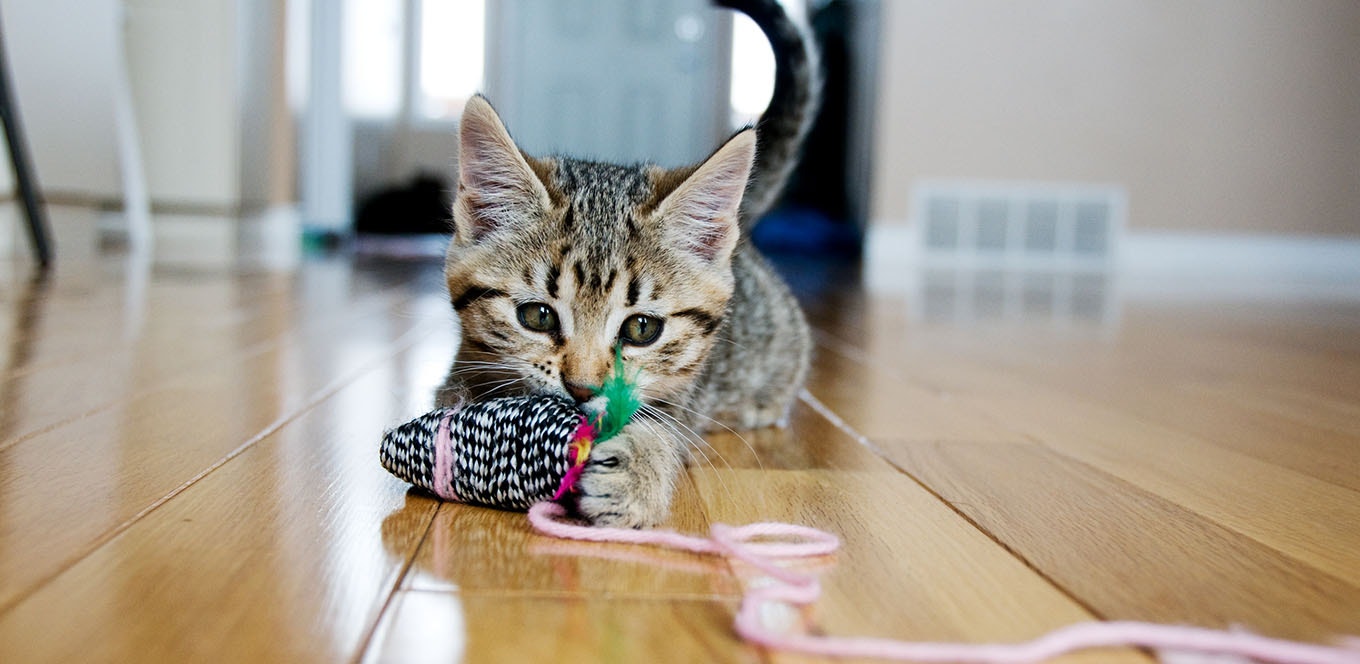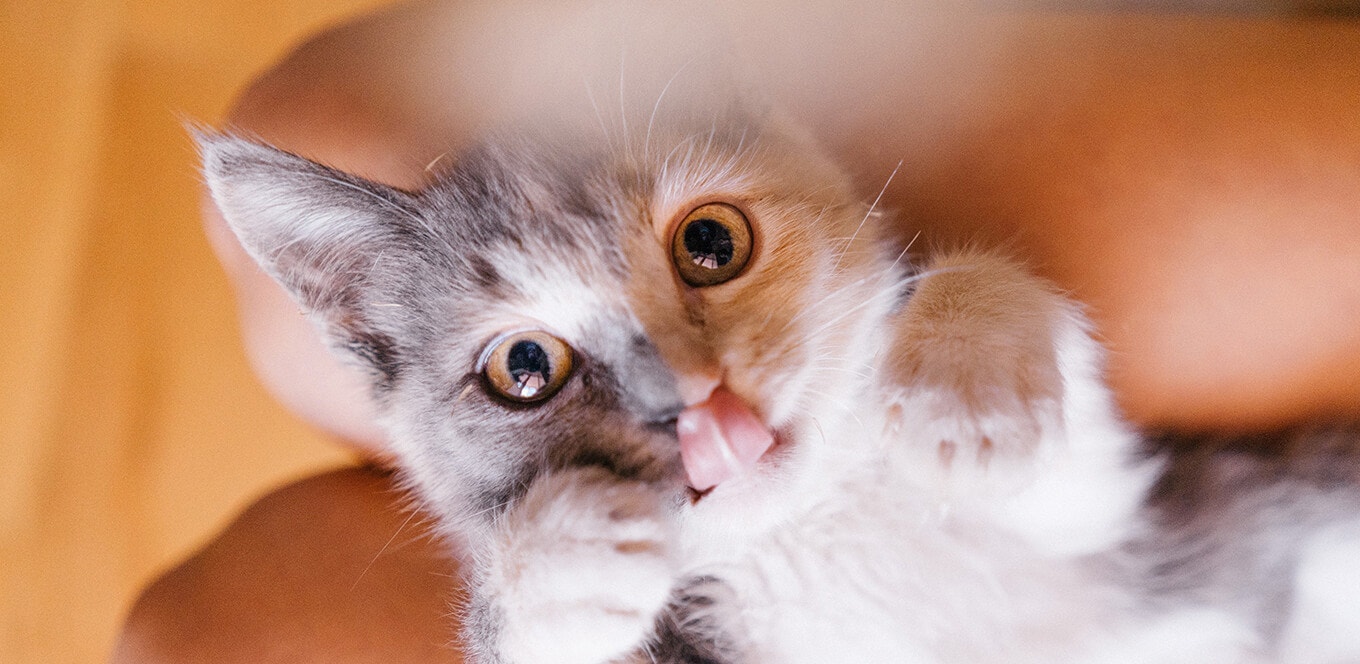
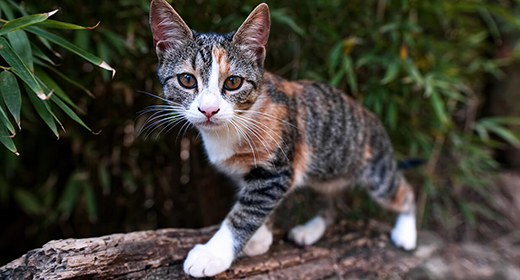
We include fish oil in IAMS™ dry kitten food to help promote healthy skin and a healthy coat in your kitten. Learn more about fish oil and meal, what it does, how it can help your kitten and why it is an important component in all IAMS dry kitten foods.
Fish oil is extracted from fish and is composed of special types of fats. Fish meal, which is used in IAMS dry kitten foods, is a good source of natural fish oil.
Fish oil from deep, cold-water fish contains omega-3 fatty acids. Fatty acids are a smaller component of fat, and omega-3 fatty acids are a type of fatty acid with important nutritional value. Fish oil has a unique fatty acid composition with high concentrations of long-chain omega-3 fatty acids, such as eicosapentaenoic acid (EPA) and docosahexaenoic acid (DHA).
The fatty acids in a kitten’s diet are incorporated into the body’s tissues and are critical for many body functions. For instance, animal cell membranes, including those in the skin, contain fatty acids. Omega-3 fatty acids are responsible for the production of substances that promote healthy skin conditions, especially when balanced with omega-6 fatty acids (found in common ingredients such as chicken fat and corn oil) in a ratio between 5:1 and 10:1.
All IAMS dry kitten foods, such as IAMS™ ProActive Health™ Healthy Kitten, contain fish oil as a high-quality source of omega-3 fatty acids.
Studies conducted by nutritionists at The IAMS Company found significant improvements in skin and coat when cats1 were fed a diet that contained omega-3 fatty acids in a balanced ratio with omega-6 fatty acids versus the same diet without the balanced ratio.
Feeding a complete and balanced diet with a balanced ratio of omega-6 and omega-3 fatty acids is proven to promote healthy skin and a shiny coat. When fed fish oil, cats showed:
1 Data on file, The IAMS Company, 2000.
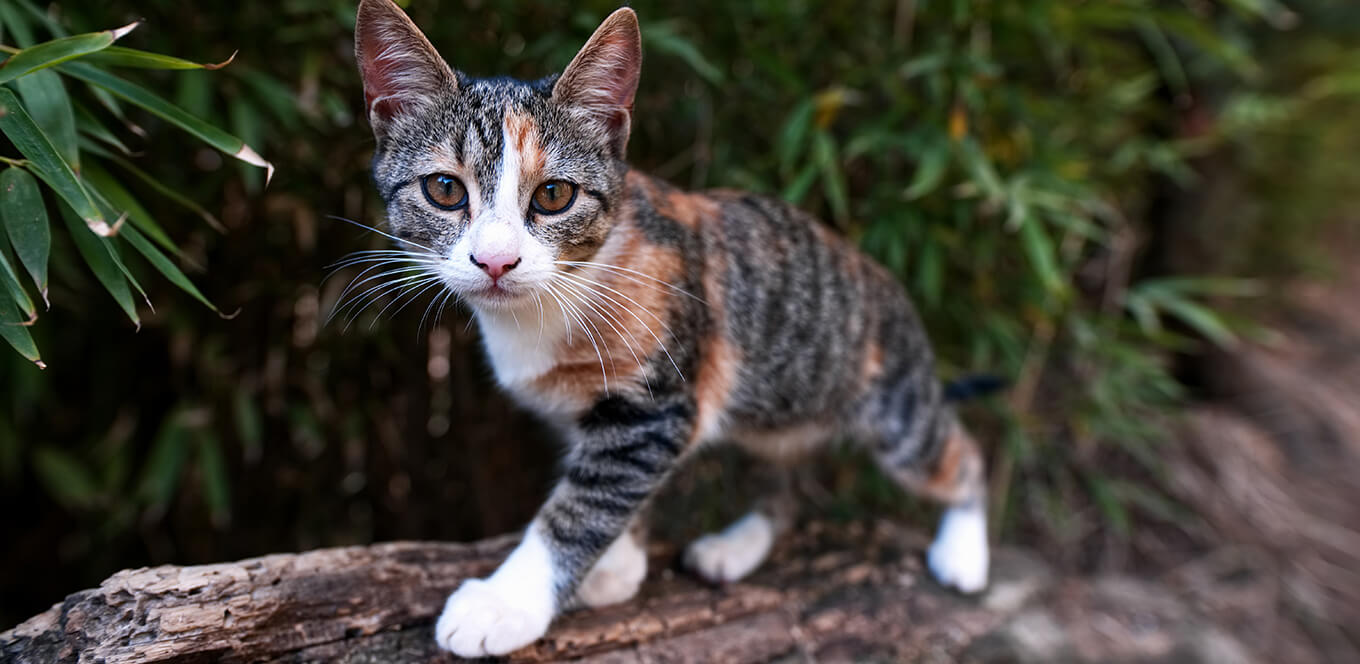

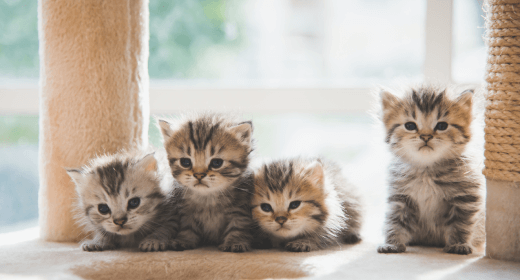
As a new pet parent, one of the most important things you need to understand is how to properly feed your kitten. It is crucial to ensure that your furry friend receives proper nutrition as per the changing needs. In this article, we will provide valuable kitten feeding tips to help new pet parents determine the right amount of food for their kitten, how that amount should change every month, and why it's necessary to continuously evaluate the kitten's feeding needs as they grow. Whether you are a first-time pet parent or simply need a refresher on kitten nutrition, this guide will provide the necessary information to ensure your kitten is well nourished and healthy.
As you start to feed your kitten, it's essential to understand how much food they need at each stage of their growth. To help you with this, we have created a feeding chart showing the recommended daily food intake based on a kitty’s age. Here's a quick look at the chart:
Age | Ration |
0 to 4 weeks | Breast feeding |
1 to 6 months | Feeding with specialized feed for kittens 4-5 times a day |
6 to 12 months | A gradual decrease in the frequency of feeding |
12 months and further | Full transfer to the feeding plan for an adult cat: wet food in the morning and evening; dry food and water always available in a bowl |
As you can see from the chart, the recommended daily feeding for kittens can vary greatly depending on their weight and age. Remember that this is a general guide, and your kitten's needs may differ.
When it comes to feeding kittens, it's essential to understand that their nutritional needs change as they grow. Here are a few pointers to keep in mind when it comes to feeding your kitten:
When it comes to a feeding schedule, here are four kitten-feeding tips to keep in mind:
Properly feeding your kitten is crucial for their overall health and development. Our kitten feeding tips include understanding their nutritional needs and providing a balanced diet tailored to their growth stage. Keep in mind that kittens have different dietary requirements than adult cats, so it is recommended to consult with a veterinarian for personalized advice and to ensure your kitten's nutritional needs are met.
